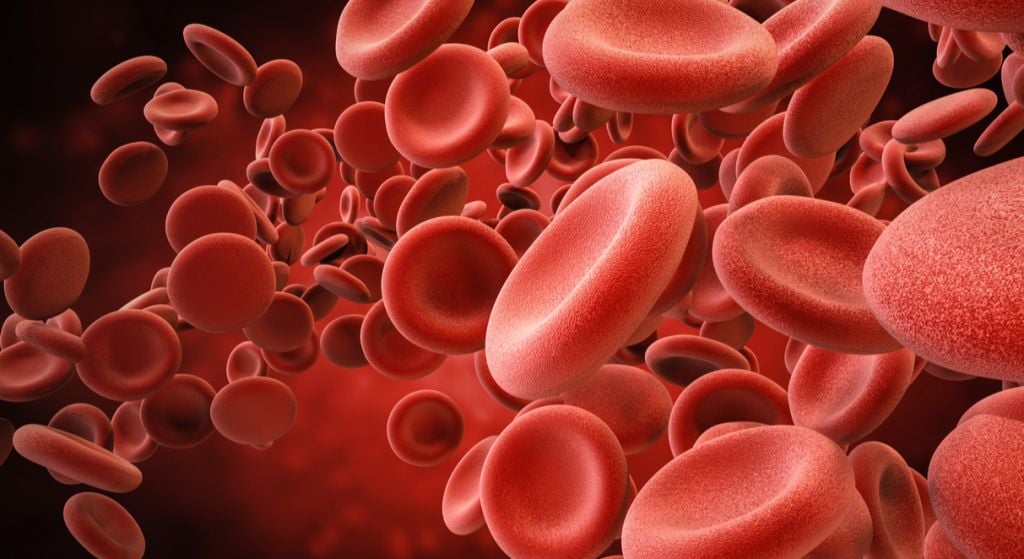Newsletter Signup - Under Article / In Page
"*" indicates required fields
A gene therapy drug approved by the U.S. Food and Drug Administration (FDA) has been made accessible for people with beta-thalassemia.
Zynteglo, a betibeglogene autoemcel, also known as beti-cel, treats adults and pediatric patients with the disease who need regular red blood (RBC) transfusions. The condition is passed down from one or both parents through their genes and it means the body makes less hemoglobin than normal.
bluebird bio recently released details of its U.S commercial infrastructure to support rapid access to the treatment including an outcomes based contract offering and a patient support program.
Blood cell transfusion
Tom Klima, chief commercial officer at bluebird bio, said: “As the first and only FDA-approved gene therapy for people with beta-thalassemia who require regular red blood cell transfusions, and with the potential to untether patients from a lifelong, burdensome treatment regimen, Zynteglo is setting the standard for what a one-time therapy can deliver.
“We have developed an equally innovative commercial infrastructure in collaboration with payers and providers, and with a focus on patients, to enable broad and timely access to Zynteglo for eligible patients and to support patients and families at every step of the treatment journey.”
Under the current standard of care, patients with transfusion-dependent beta-thalassemia require RBC transfusions every two to five weeks and may lose decades of life relative to the general population. The lifetime cost of medical care for a patient with transfusion-dependent beta-thalassemia can reach up to $6.4 million in the U.S. and the average total health care cost per patient per year is 23 times higher than the general population.
Zynteglo gene therapy for beta-thalassemia
bluebird estimates that there are approximately 1,300-1,500 individuals with transfusion-dependent beta-thalassemia in the U.S.
The company has set the wholesale acquisition cost of Zynteglo in the U.S. at $2.8 million (€2.75 million) in recognition of its robust and sustained clinical benefit demonstrated in clinical studies and its potential to alleviate a lifetime of health care costs associated with regular RBC transfusions and iron management.
bluebird has devised an innovative strategy to enable timely and quality access to Zynteglo, informed by payer insights and is committed to flexibility to meet payer needs. This includes one upfront payment that can be paired with an outcomes-based agreement.
Transfusion independence
As part of this agreement, bluebird will reimburse contracted commercial and government payers up to 80% of the cost of the therapy if a patient fails to achieve and maintain transfusion independence up to two years following infusion.
All patients in Zynteglo phase 3 studies who achieved transfusion independence have remained transfusion free. This outcomes measure is recognized by payers and providers as clinically meaningful and straightforward to track through claims data.
Last year, bluebird bio had abandoned the sale of its gene therapy Zynteglo in Germany after a pricing dispute with health authorities.






